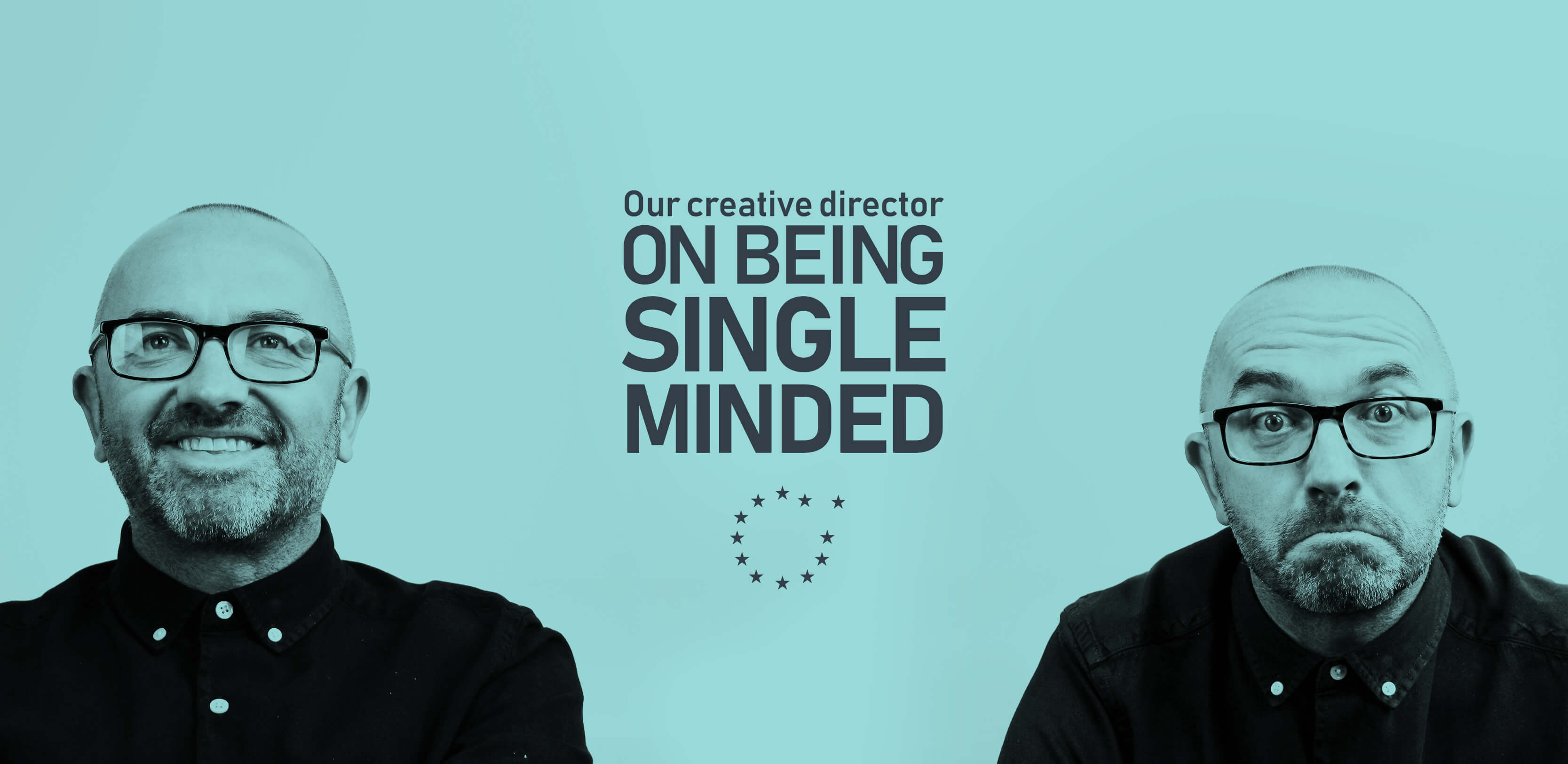I can’t tell you the number of times I’ve been in briefings, brainstorms and presentations, eulogising about the single-minded message. A message that’s clear, simple, and will stick with the target audience.
All too often this falls on deaf ears, because there’s always a temptation to tell everyone everything. But the big mistake is thinking everyone is interested in the product or service you’re trying to sell. In today’s digital age, we’re used to scrolling in soundbites. So if your message is too bogged down in detail, will it really win out against some cute pets or the latest must-visit holiday destination? The problem you have is people just don’t take it in.
A month ago the British public were faced with a big decision, and the single-minded message won out.
You probably don’t need me to tell you what that message was – we heard it enough times. But for those who had their heads buried in sand or were simply on a month-long, mulled-wine-infused bender, I’ll remind you:
‘Get Brexit done’.
Three simple words. And what was the detail behind it? Who knows?
But everywhere Boris or his team went, it was the same message. A slogan that was hammered home at every single opportunity. I’ve just ordered my turkey so now we can ‘Get Brexit done’. United beat City in the Derby so now let’s ‘Get Brexit done’. It’s a bit chilly outside so we must ‘Get Brexit done’.
Labour, on the other hand, offered up a smorgasbord of messages during the election campaign. On Facebook alone, the party published over 2,900 different ads, with multiple campaign slogans that included ‘For the many, not the few’, ‘It’s time for real change’ and ‘We’re on your side’. Alongside those there was also a lot of talk of free prescriptions, free university fees and even free broadband. With so many messages banded about, is it really any wonder that nothing stuck?
It’s been widely suggested that this confused strategy had a significant impact on Labour’s election performance. Even leadership hopeful Keir Starmer said that the manifesto was ‘overloaded’. With Labour’s leadership election now in full flow, perhaps the candidates will be persuaded to take a more single-minded approach?
To conclude, historically successful political campaigns have almost always had a single, powerful message. The Conservative Party’s ‘Labour isn’t working’ (1979), New Labour’s ‘Britain deserves better’ (1997), and Vote Leave’s ‘Take back control’ (2016) all won through - whether we were happy about it or not.
Maybe we should take these lessons and focus on a more single-minded approach to communications this year.
Download File
Please submit this form to receive download in your email

